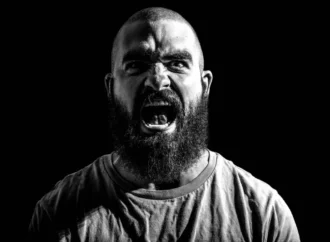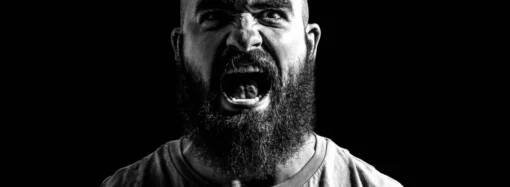Bernie Sanders has won another primary in West Virginia, taking 18 delegates while Hillary Clinton took 11. But, as we’ve been told over and over again, he has no chance of winning the Democratic nomination. Why? Because of the “superdelegates”.
There are over 560 superdelegates available. They are free to pledge their support to any candidate and do not represent the wishes of the primary voters while having the same voting power in the nomination process as a normal delegate. To win the Democratic primary requires the support of 2,383 delegates. That means that the superdelegates represent nearly 25% of the total delegate count needed to secure the Democratic nomination.
Here’s a good image comparing the number of delegates and superdelegates earned by both Hillary Clinton and Bernie Sanders.

When you compare the total delegates and superdelegates that each candidate has then Clinton has an obvious lead. But if you remove those superdelegates you find that there is only a 283 delegate difference between Bernie Sanders and Hillary Clinton with 1,052 delegates still up for grabs. Without the superdelegates the Democratic primary contest would still be very competitive. Additionally, if the superdelegates were to switch to Bernie Sanders, he would have the lead.
On the Republican side there are no superdelegates. Instead, all delegates are appointed based on the rules of each state primary or caucus system. Some states are proportional while others are winner-take-all.
The great irony is that the Republicans are named after a republican form of government while the Democrats are named after the democratic form of government. Yet, the two parties seem to have flip-flopped when it comes to using an actual democratic system to nominate a candidate for president.
While similar, there are subtle and important differences between a republican form of government and a democracy. A republican form of government is not a true democracy. While it allows for the will of the people to be represented in certain voting, it generally has a wide variety of checks and balances to prevent the will of the people from being represented at all times in the government since there was a distrust of the passions of the people or even of the mob mentality.
The Democratic Party leadership seems to actually believe more in the republican form of government than a democratic form. The superdelegates, independent of the voting process, act as a check against the will of the Democratic voters.
The big question is why this isn’t discussed more in the mainstream media. Outrage has certainly been voiced in some quarters of the internet by Sanders supporters and champions of democracy, but it certainly has not taken center stage in the nomination process as we saw some of the outrage over unelected delegates in Colorado or Wyoming on the Republican side do so.
If Bernie Sanders continues to rack up victories, will it become more of an issue? Or will the party leadership simply move ahead with their will? And if the latter, how will the average Democrat respond?
















Leave a Comment
Your email address will not be published. Required fields are marked with *